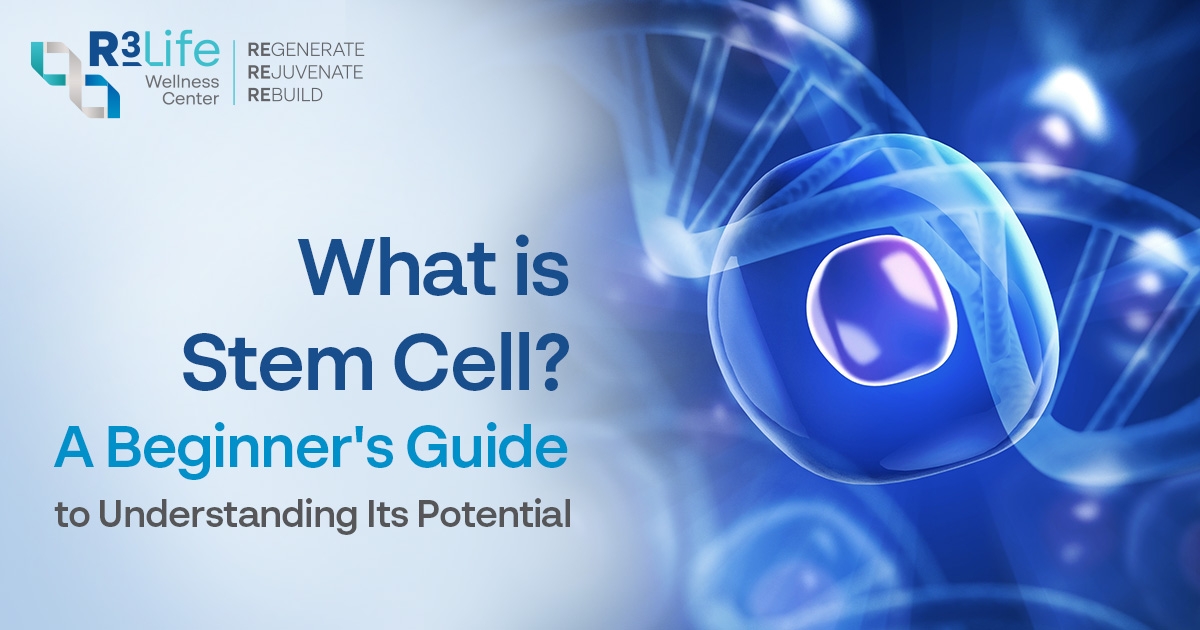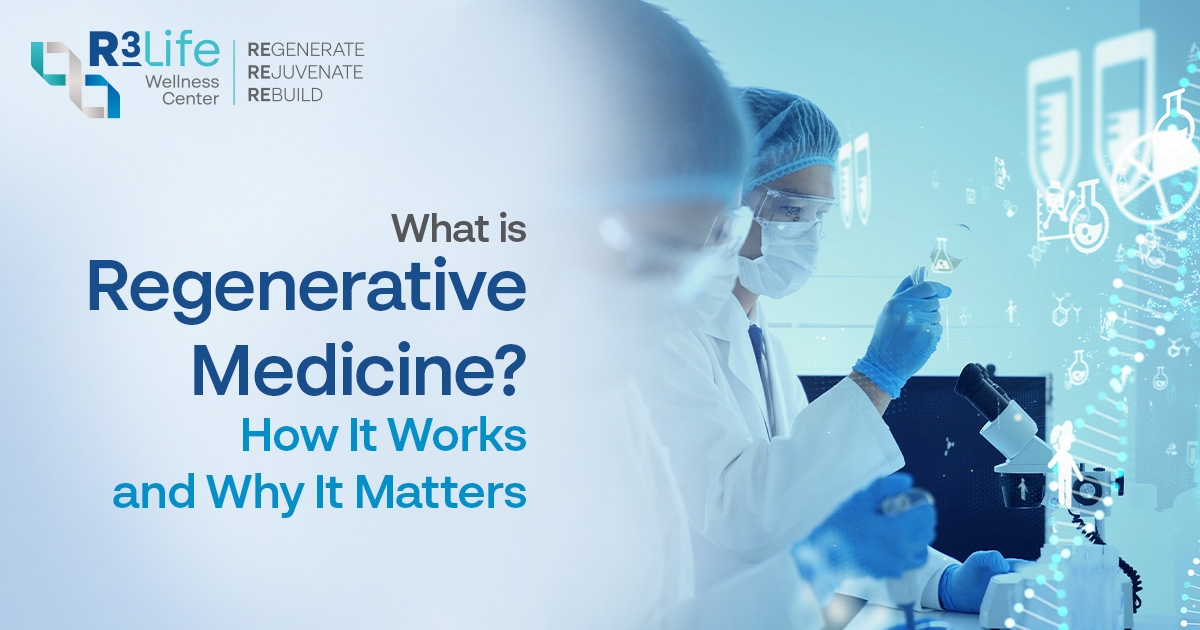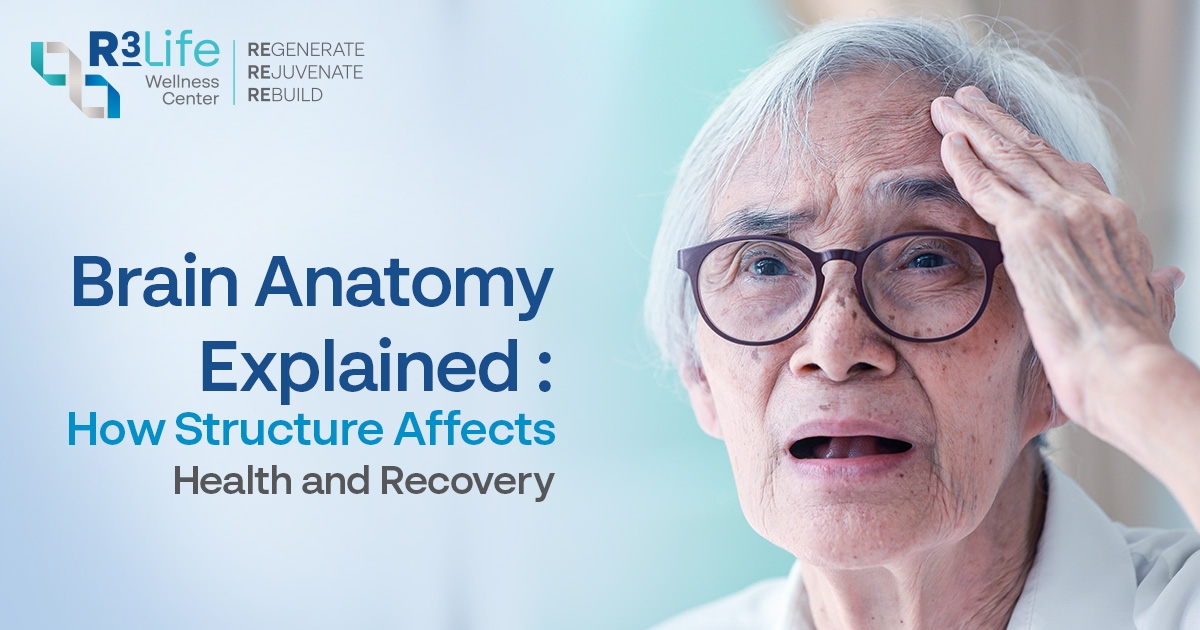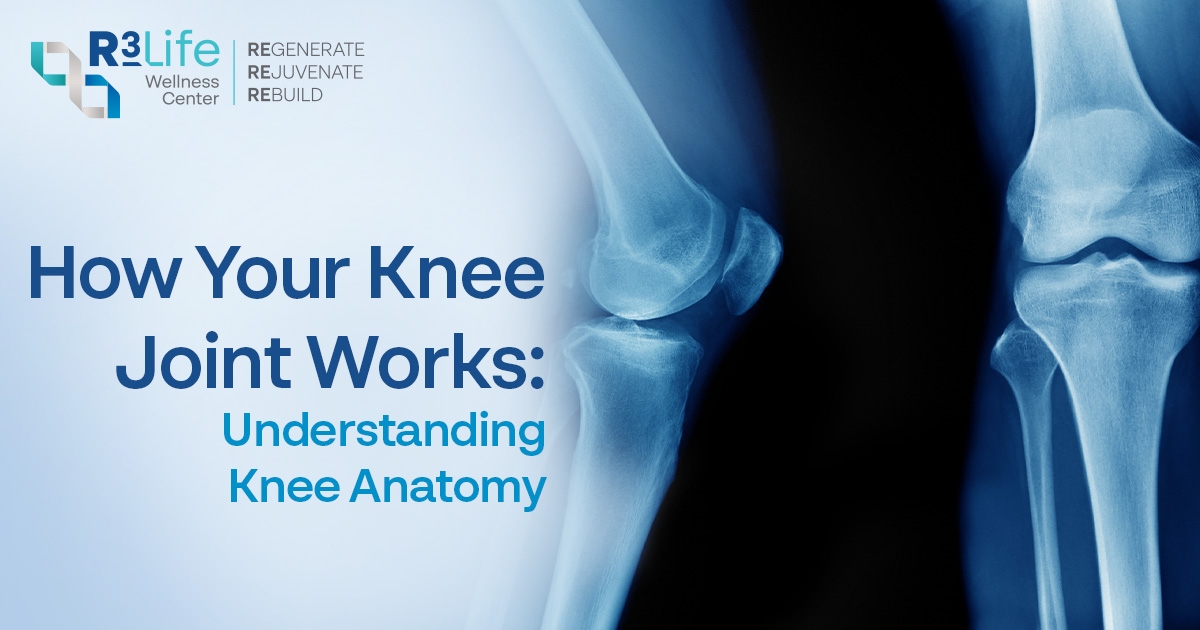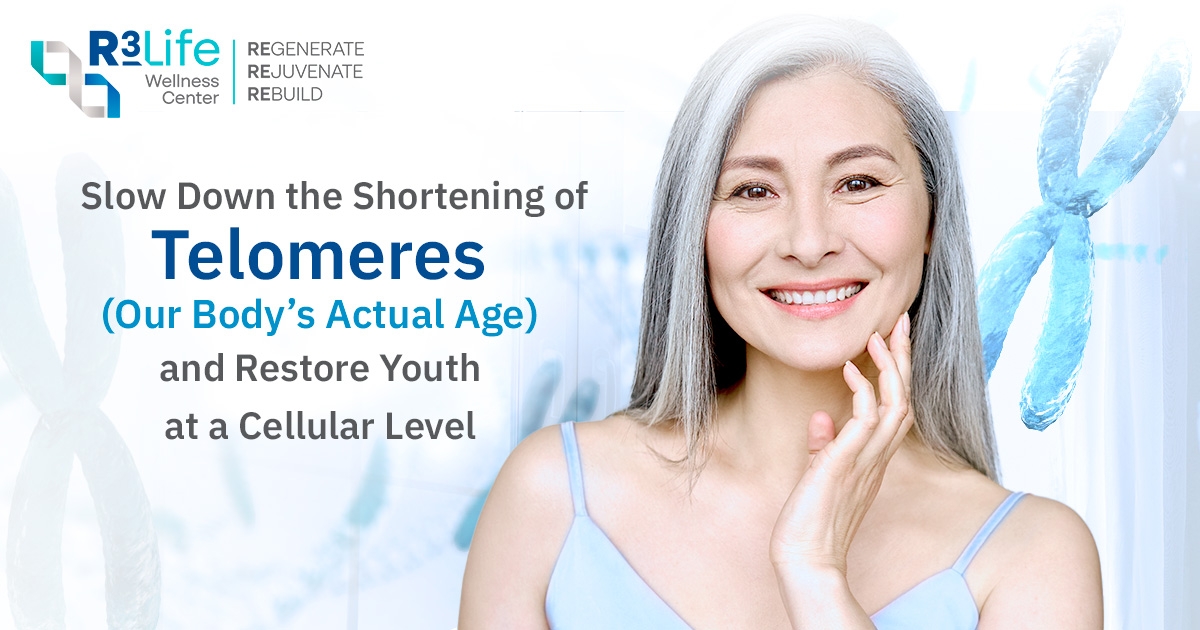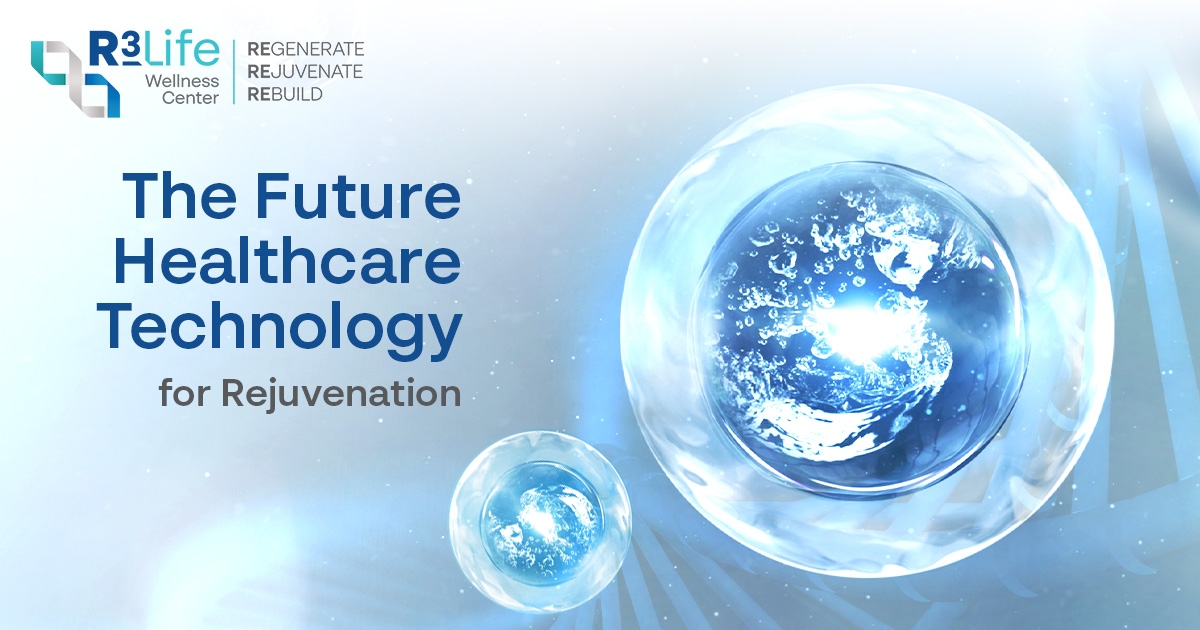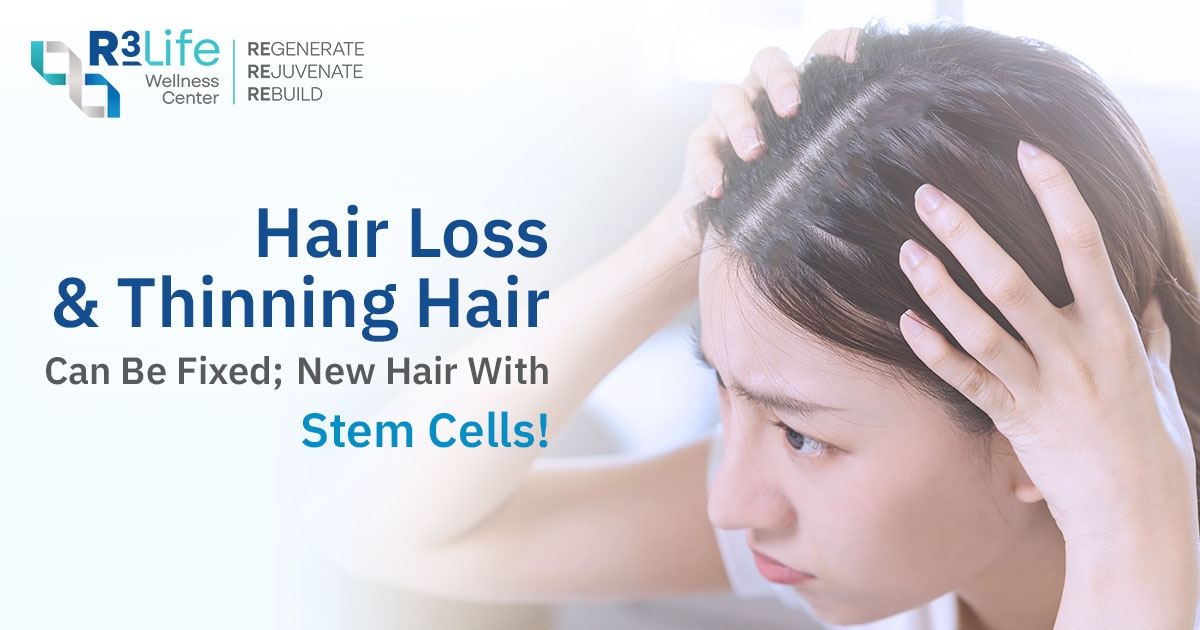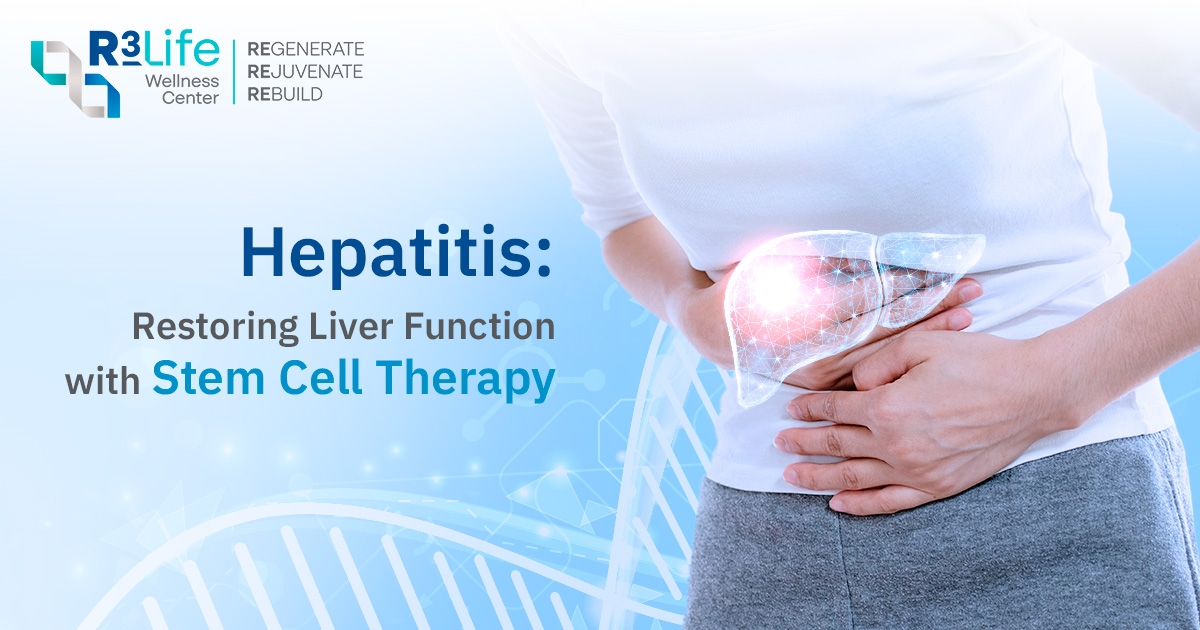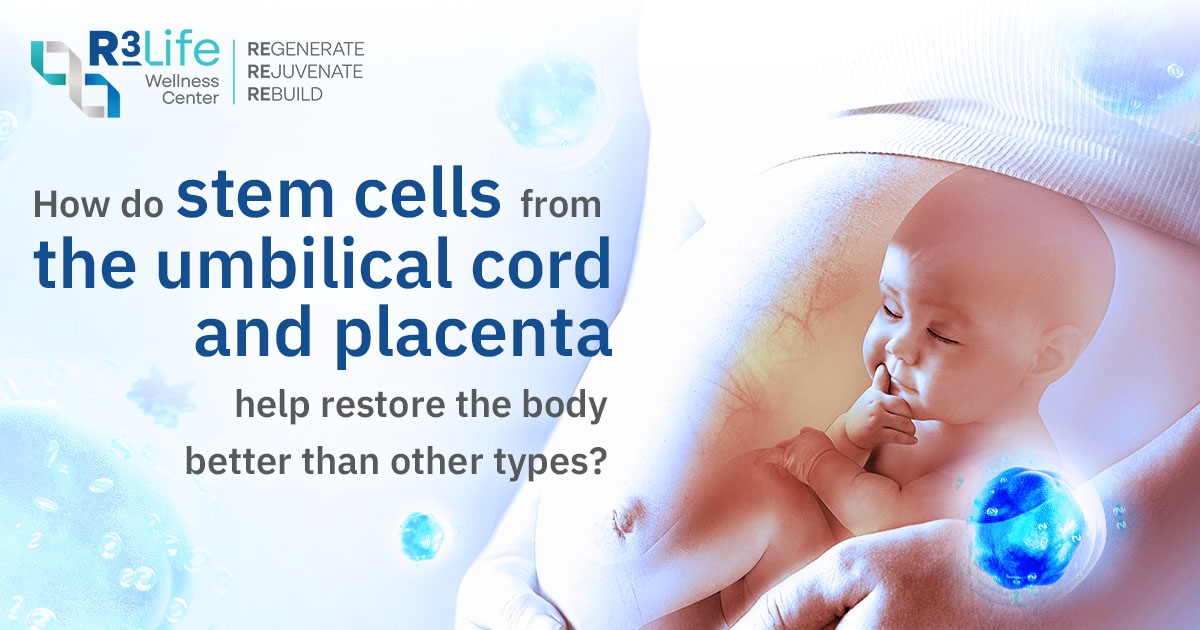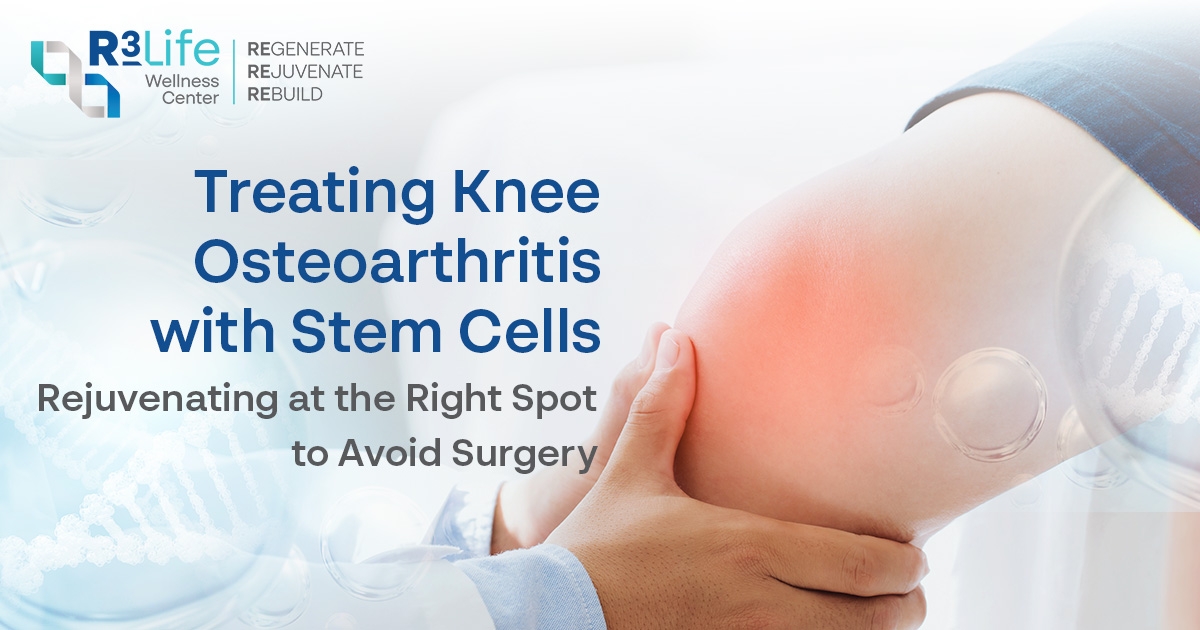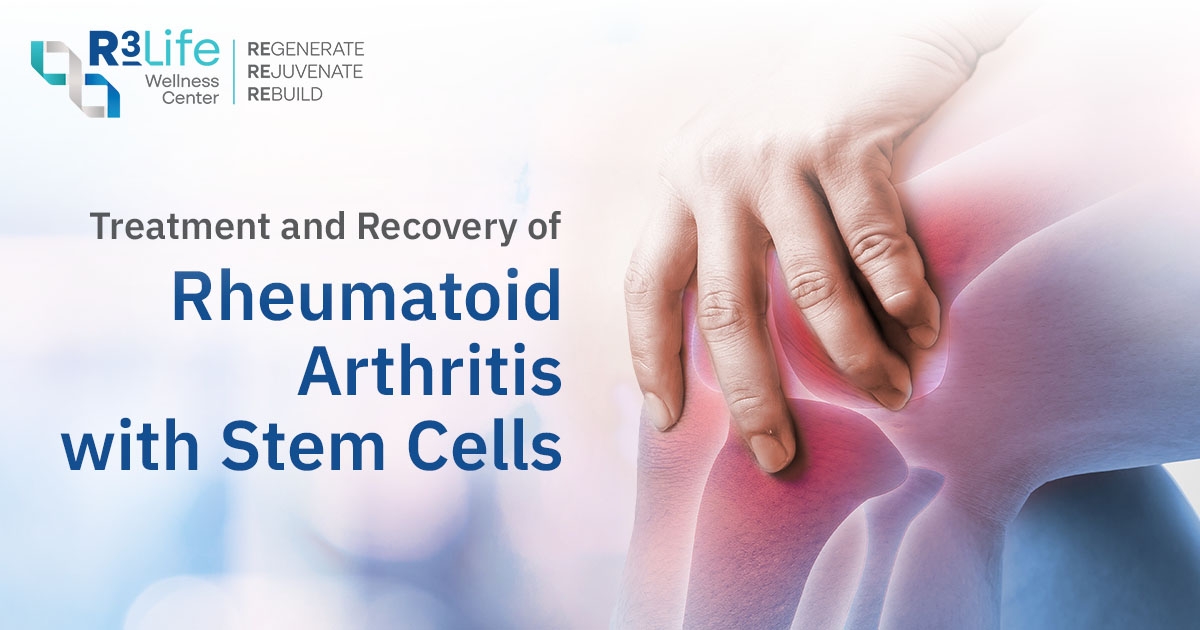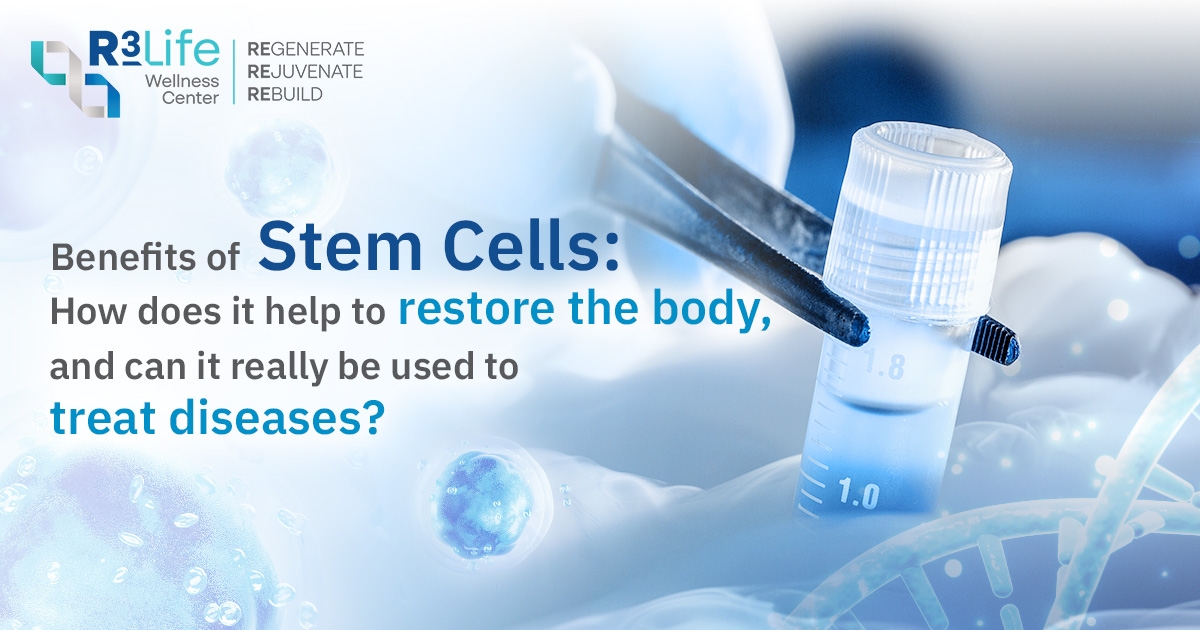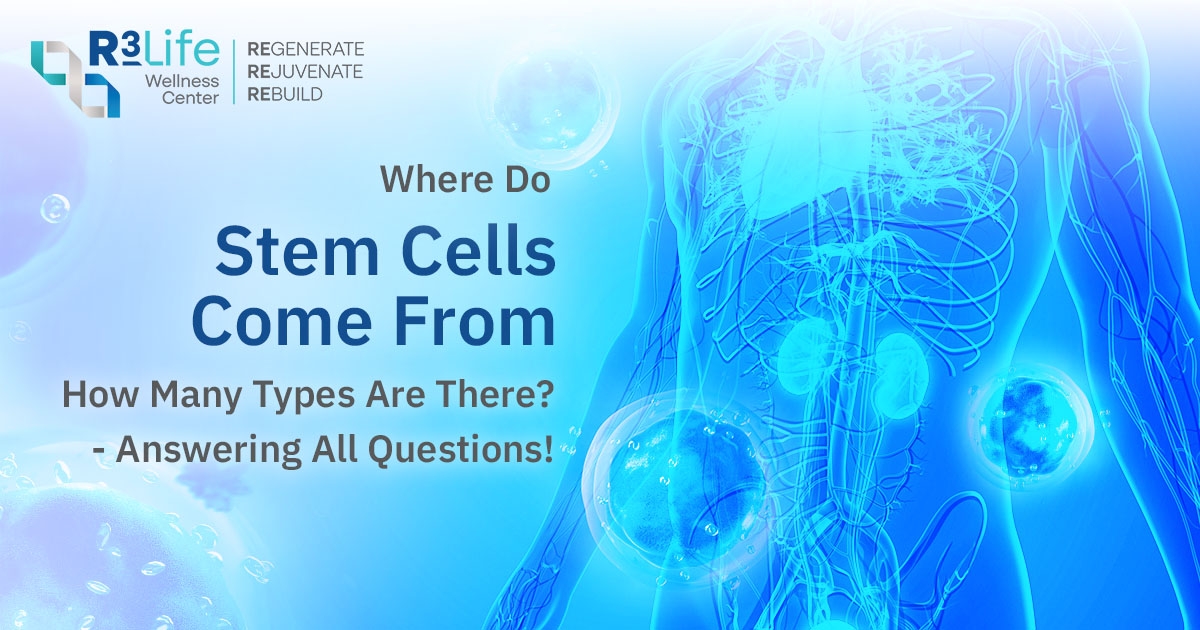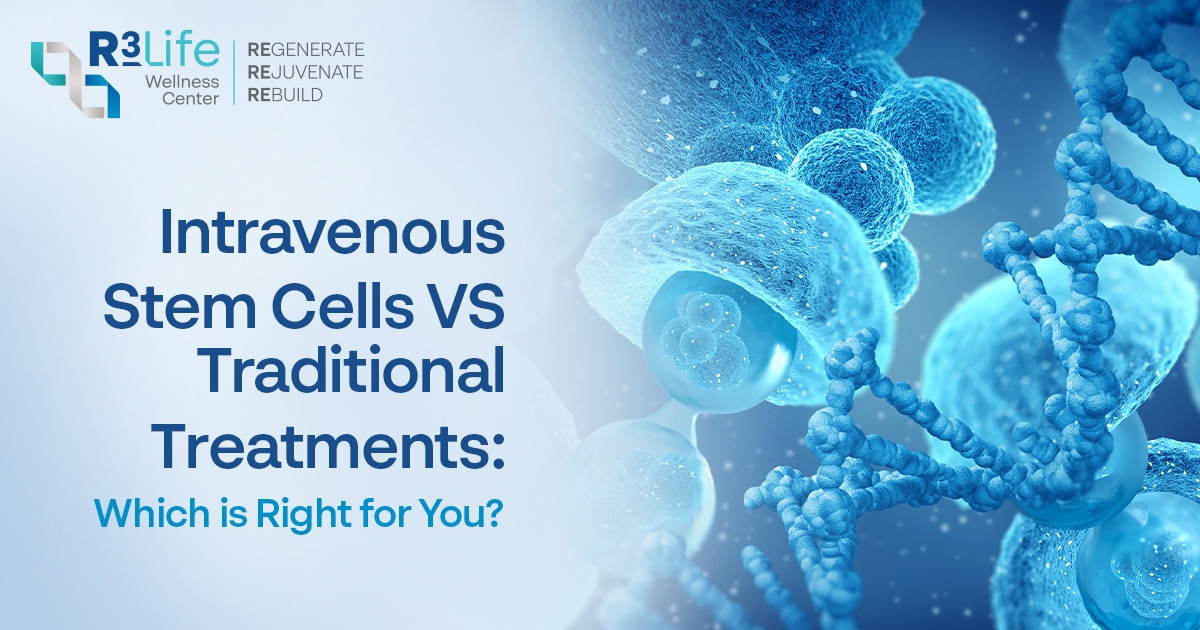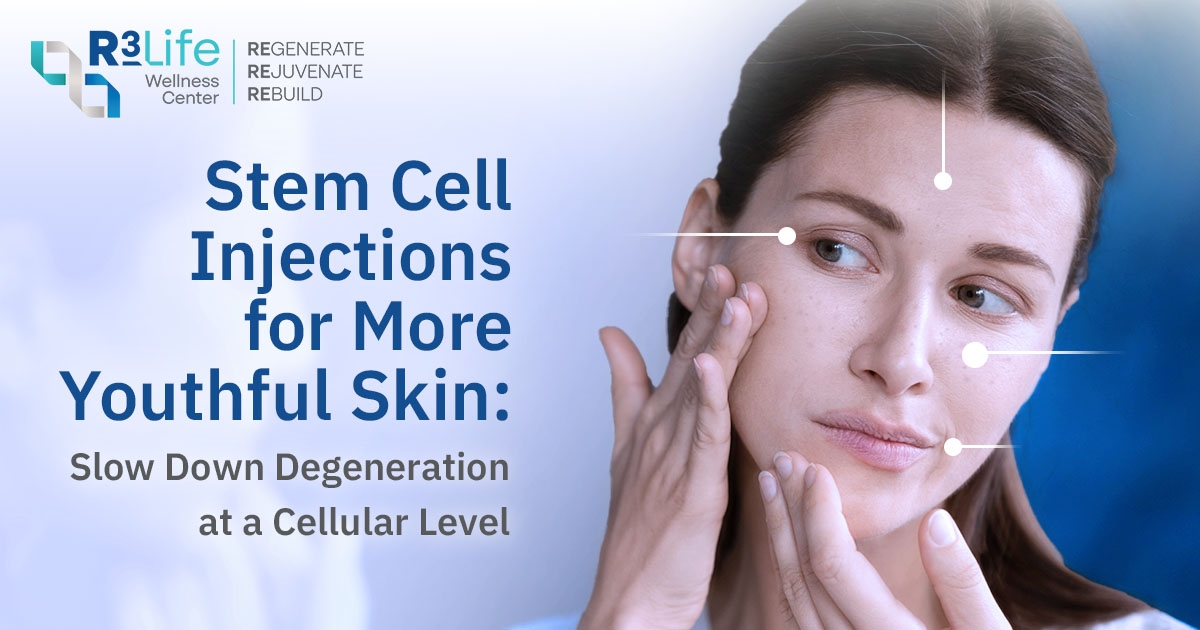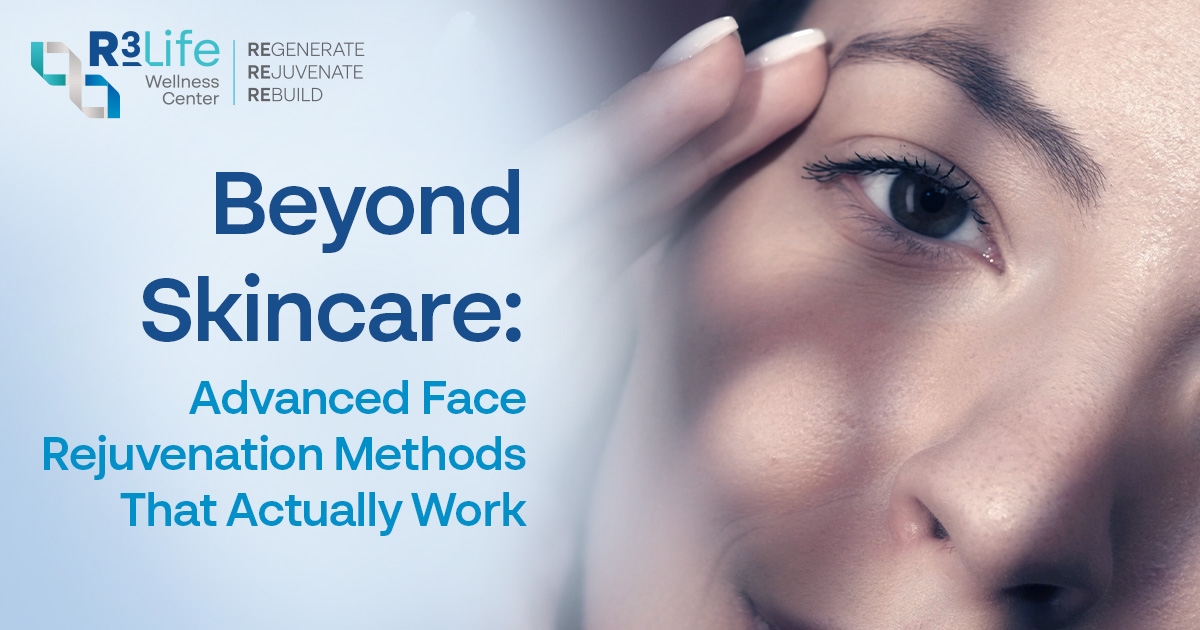Stem Cells Lower the Risk of Alzheimer’s in the Elderly
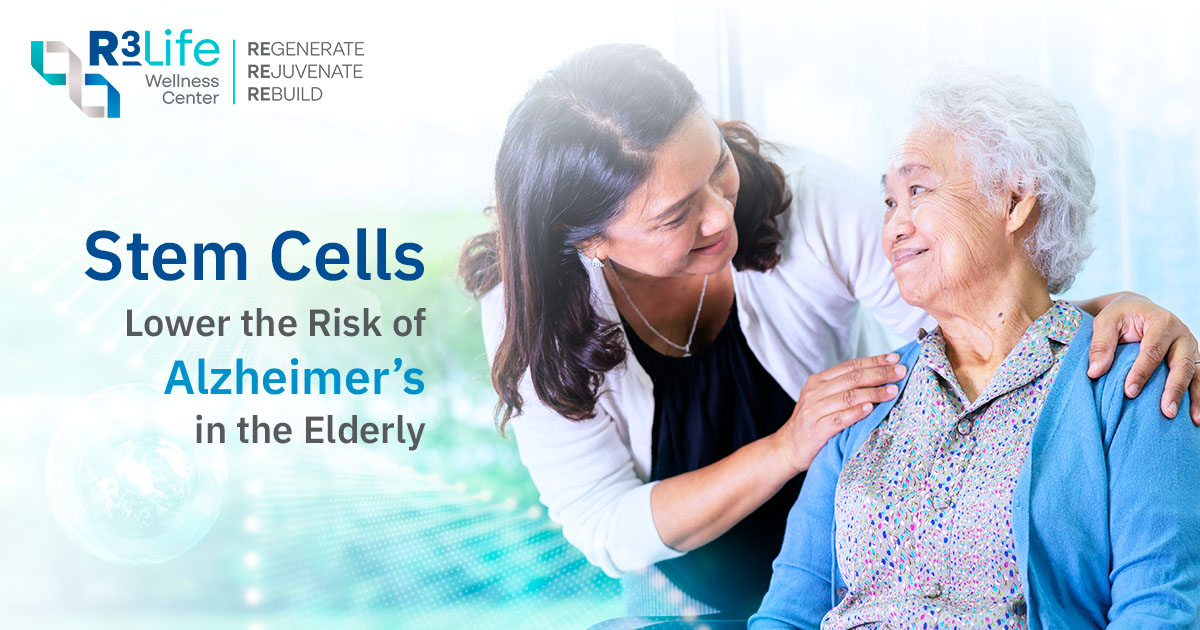
The deterioration of various cells in the body is considered a form of degeneration that can occur to anyone as we age. Eventually, this leads to illnesses or diseases, including forgetfulness in the elderly where if you were to take a closer look at, could be potential warning signs of Alzheimer’s.
This article will take you through whether symptoms of forgetfulness in the elderly is a sign of aging or Alzheimer’s, including the differences in causes and symptoms so that observation and prevention can be carried out in a timely manner. Furthermore, also updating the progress of stem cells with regards to Alzheimer’s in this article.

What are the causes of old age forgetfulness and Alzheimer’s?
If your elderly family members are beginning to show symptoms of forgetfulness, how can we tell whether this is generally due to aging or if they are at risk of Alzheimer’s? Due to the similarities in nature and symptoms between the two, it is often difficult to distinguish them from one another. However, when observed carefully, these two conditions have their differences.
1. Aging is a naturally-occurring symptom found mostly in those that are 60 years or older. Caused by the deterioration of brain cells, aging may result in slow thinking and decision making, inability to think of words, and occasional forgetfulness such as forgetting the name of a friend you have not met for a long time or where you left your things. However, when these symptoms are mentioned, you will be able to recall information as per usual.
2. Alzheimer’s Disease is caused by the degeneration in function or tissue structure in the brain. This is not a case of natural cell deterioration, and is therefore different from the symptoms of general aging. But rather, it is an abnormality caused by beta-amyloid, a type of protein that the body is unable to eliminate quickly, thus accumulating and gradually increasing in number. When this protein attaches to the brain cells, it hinders communication between cells resulting in the brain tissue to shrink and become damaged. Therefore, eventually having an effect on the patient’s memory and learning.
Observing the differences between aging and Alzheimer’s Disease
1. Symptoms of Aging
General symptoms often include slower movement, thinking and decision making, as well as forgetfulness and having trouble sleeping. Forgetfulness in this case, does not generally have a serious impact on health where individuals are still able to help themselves and carry out activities in their daily lives.
2. Symptoms of Alzheimer’s Disease
Although early stage symptoms resemble forgetfulness from aging, those with Alzheimer’s will have symptoms that will continually increase in severity where there is direct effect on memory, thought process and behavior to the point of being unable to carry on with their daily lives. Early stage symptoms of Alzheimer’s in the elderly may include confusion, forgetting the time or what they have just said, repetitive thinking, asking the same things over and over, anger or aggressiveness. In more severe stages, the body degenerates significantly, where they may be unable to move their body or help themselves in their daily lives, potentially to the point of requiring a caregiver.
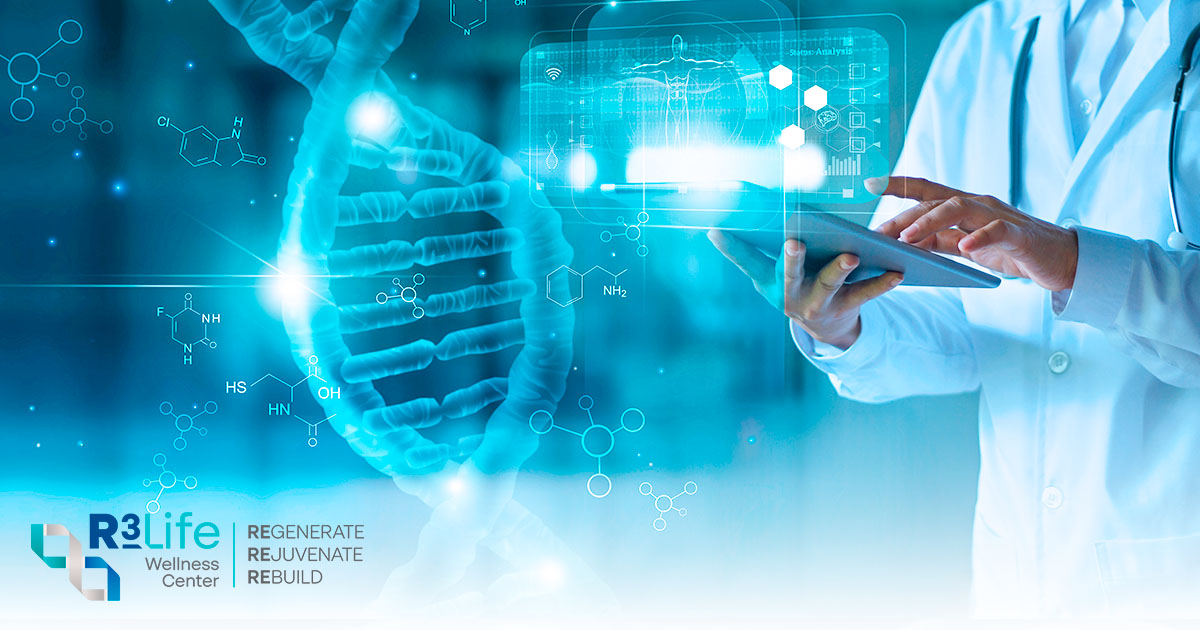
Stem cells and reducing Alzheimer’s Disease
Alzheimer’s is one of those diseases that does not yet have a cure; there are only medications to help control or temporarily reduce symptoms. However, at present there exists combination treatment options using stem cells to slow down the deterioration of various cells in the body. For early stages of Alzheimer’s, stem cells can be used to slow down or prevent the development of symptoms, thus reducing the future risk of Alzheimer’s disease.
This process uses amnion stem cells extracted from the placental membrane, a type of stem cell used to effectively restore the brain and liver, and slow down brain cells’ rate of deterioration. Furthermore, the stem cells are used to stimulate the growth of deteriorated tissues, resulting in better communication between neurotransmitters.
Expectations that Alzheimer’s Disease can be cured with stem cells in the future
Research and studies on stem cells as a cure for Alzheimer’s disease are still in its experimental stages. These studies have all yielded similar results, where there is a possibility that stem cells can help reduce the deterioration of brain cells, while helping to restore and replace brain tissue in the future. Due to stem cells’ ability to continuously divide and stimulate tissue growth, tissues will efficiently regenerate and develop into different types of cells in the body.
Consequently, Siriraj Hospital has provided information that stem cells can be isolated from amniotic fluid in order to be used to treat cell deterioration in Alzheimer’s, Parkinson’s and diabetes, as well as stored in a stem cell bank for research purposes or use in future treatments. This is considered a very positive sign for future treatments as Alzheimer’s symptoms not only affect patients’ daily lives, but also requires patience and understanding from caregivers.
Therefore, observing and monitoring the early stage symptoms is vital as preventing or delaying the development of future symptoms is possible. For those that are worried or have observed symptoms of forgetfulness among their close elders, or at risk of developing early signs of Alzheimer’s, seeking medical advice as soon as possible is recommended. However, if you would like to prevent and slow down the deterioration of cells in the body through the use of stem cells, R3 Life Wellness Center has a team of doctors specializing in the use of stem cells to provide advice and consultation. Access our services at any time during our business hours.
For further information about STEM CELL THERAPY, please click here.
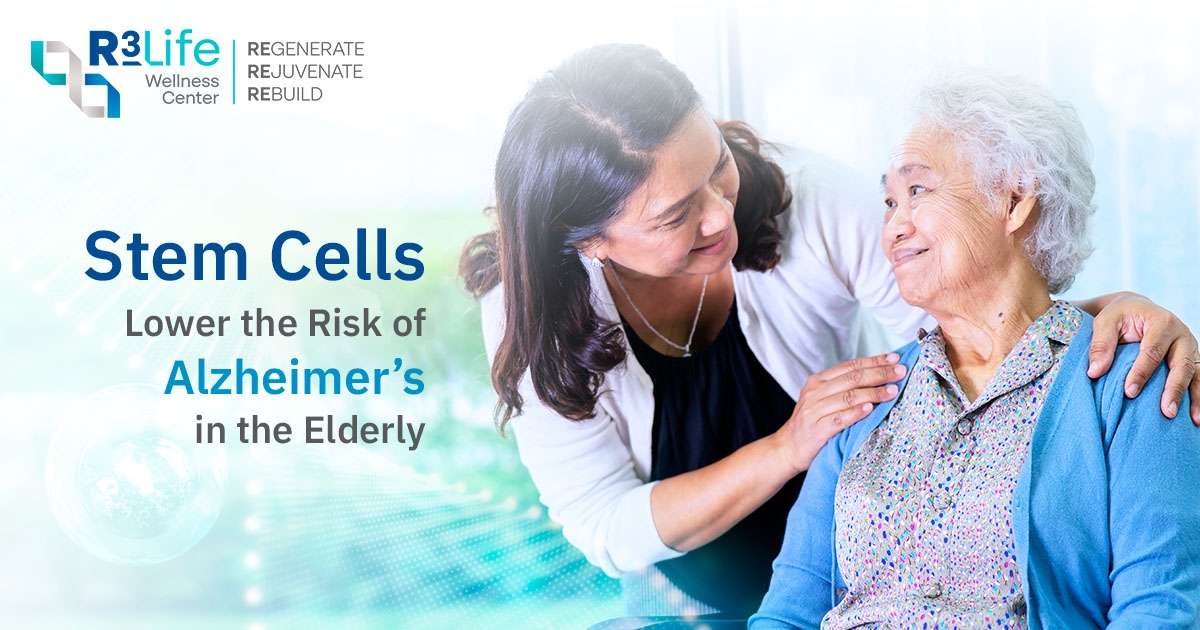
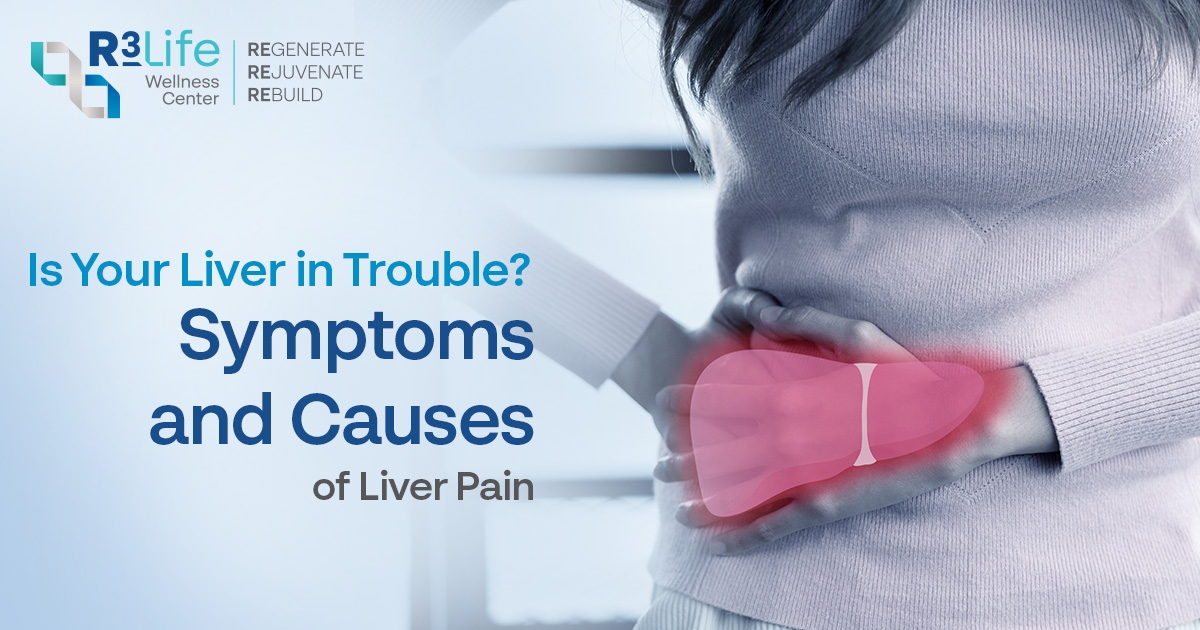
 Is Your Liver in Trouble? Signs of Failure & Pain Location
Is Your Liver in Trouble? Signs of Failure & Pain Location
